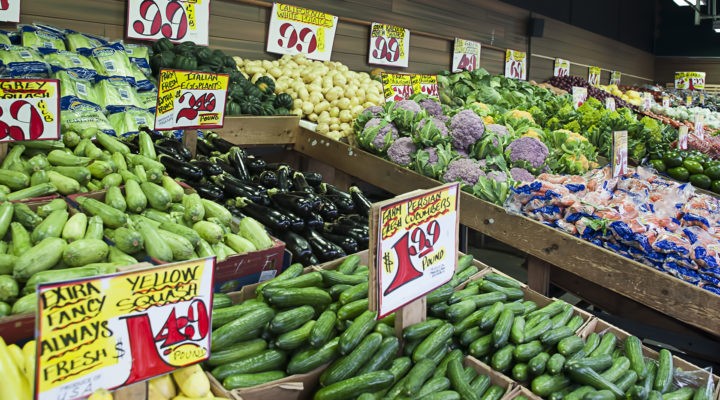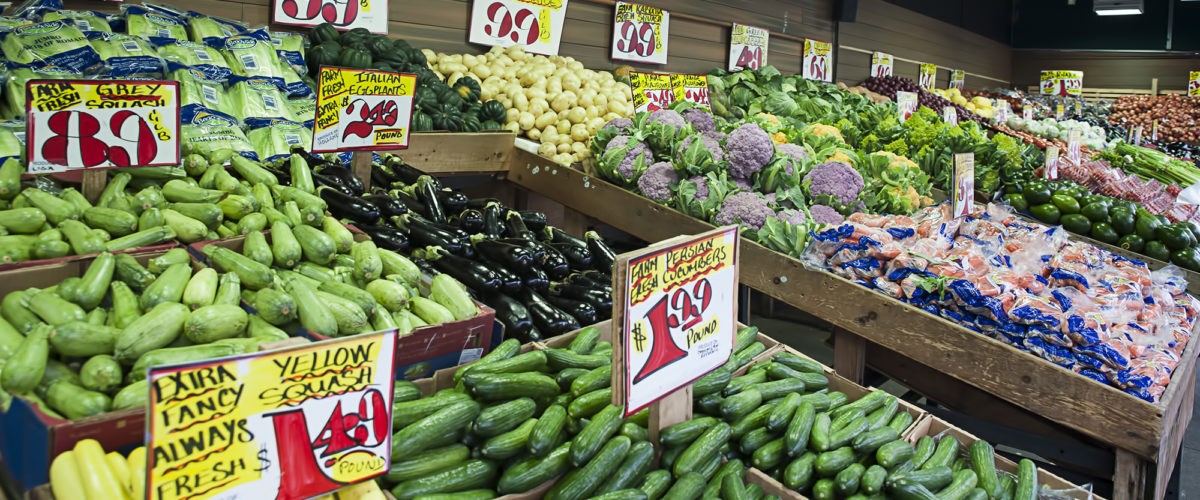The mass deportation of immigrants promised by Donald Trump would have immediate and disastrous effects on the U.S. economy, Bob Worsley said during a virtual press briefing hosted by American Business Immigration Coalition.
The former Republican state senator in Arizona — an entrepreneur and homebuilder —joined several business leaders Nov. 14 in urging the incoming administration and Congress to consider how widespread expulsions would devastate American companies, families and the economy.

Bob Worsley
And it’s just as urgent that Capitol Hill and the White House enact meaningful and common-sense immigration reforms to ensure U.S. firms have the employees they need and households can stay together, said Worsley, the founder of SkyMall and co-chairman of the coalition.
“We know firsthand if we don’t fix our systemic work force issues, let alone removing millions of critical workers from our workforce — Dreamers, farm workers, TPS (Temporary Protected Status) holders and other visa holders —it will immediately impact our economy and our GDP growth in America. Businesses and all Americans are in for a world of hurt, including hyperinflation and delays to get any normal routine work done in this country.”
“Businesses and all Americans are in for a world of hurt, including hyperinflation and delays to get any normal routine work done in this country.”
Worsley said he witnessed the process rapidly unfold in Arizona after the state embarked on an “enforcement only approach” to immigration more than a decade ago, most notably through its 2010 “show me your papers” law allowing police to demand immigration documents during traffic stops.
“We lost two-thirds of our trades in the state,” he said. “In this new landscape, it is vital that employers like ourselves engage with and educate this new administration and Congress as to the urgency of policies that stabilize the workforce.”

Jennifer Tilton Flood
Trump also must be convinced migrant workers are essential to the nation’s food supply, said Jennifer Tilton Flood, a dairy farmer with Flood Brothers Farm in Maine.
“The United States depends upon agriculture as a key integral piece to national security and an economic vitality,” she said. “Part and parcel of agriculture is a diverse, skilled, committed workforce that is necessary to ensuring food is available, accessible and affordable.”
Farming operations also are the economic engines of local communities, she added. “We know immigrants are responsible for a significant portion of the labor force in agriculture, and if farmers like me lost this workforce of foreign-born workers, agricultural output would fall by $30 billion to $60 billion.”
Coalitions of business and industry leaders must join together to convince the incoming administration to consider the human and financial effects of Trump’s stated immigration policies, Flood said. “The values of rural America and agriculture are a commitment to fairness and opportunity to immigrants who contribute to our economy and should have a pathway to stability, allowing them to continue supporting our businesses and communities.”

Adam Lampert
The caregiving field, which is currently inundated by the growing needs of Baby Boomers and their parents, would be devastated by mass deportations, said Adam Lampert, CEO of Cambridge Caregivers, which has locations in Dallas, Fort Worth and Houston.
In fact, Congress must take the lead by enacting immigration laws that meet the needs of businesses at this point in the century, he added. “Our industry is a clear example of how modernizing immigration policies could benefit every American, potentially lowering the cost of care across the board. Without updating immigration policies to meet workforce needs, Americans risk losing access to the care they need as they age as the cost of care continues to rise.”
Solutions for the construction, agricultural and other critical industries must include providing pathways to citizenship for undocumented workers and Dreamers, adult immigrants brought into the country as children, Lampert added.
“We need to press to update our policies to address the demands of Americans. This means expanding workforce work visas to fill hundreds of thousands of jobs across the U.S., particularly in health care but also in construction, agriculture and other critical industries.”

Oscar Silva
The prospect of being deported is terrifying for undocumented immigrants who work and have families in the U.S., said Texan Oscar Silva, a Dreamer and the spouse of an American citizen. “The thought of being separated because of something as sweeping as a mass deportation policy isn’t just terrifying, it’s deeply unfair for people like us who have done nothing wrong and who have done everything possible to create a stable life in the U.S.”
For Dreamers, he added, deportation would mean being banished from the only country they ever have known. “Policies like these threaten not only our future but our peace of mind and sense of security every day. My family constantly wonders, what if he’s forced to leave? What if we’re forced to leave? What if everything we have worked for is taken from us?”

Rebecca Shi
And there is plenty of evidence most Americans want immigration reforms that make sense and are compassionate toward Dreamers and certain other undocumented residents, said Rebecca Shi, executive director of the American Business Immigration Coalition.
“Over 80% of American voters, including 61% of Trump voters, support legal status for Dreamers and other long-term workers,” she explained. “Mass deportations, on the other hand, will tear families apart and drive up inflation again, especially in groceries, housing, medical and elderly care. It is deeply unpopular with the American people.”
Related articles:
Project 2025’s plan for mass deportations would make food prices soar
How the party of business came to embrace anti-immigrant policies bad for business
Here’s the data to show why Trump’s migrant numbers are lies


